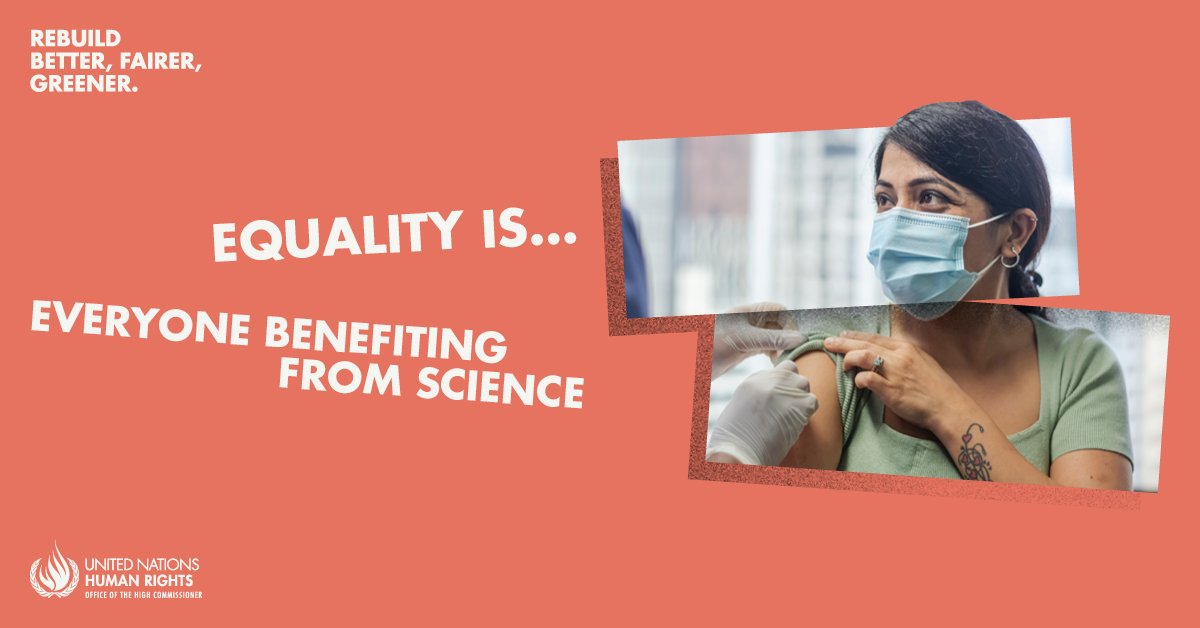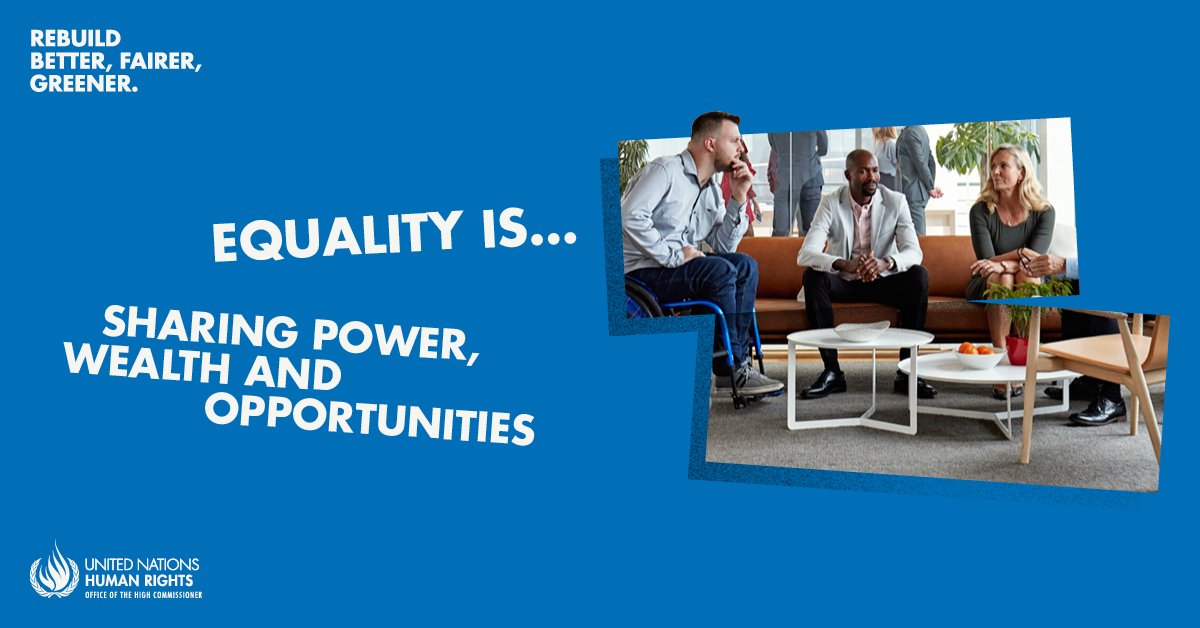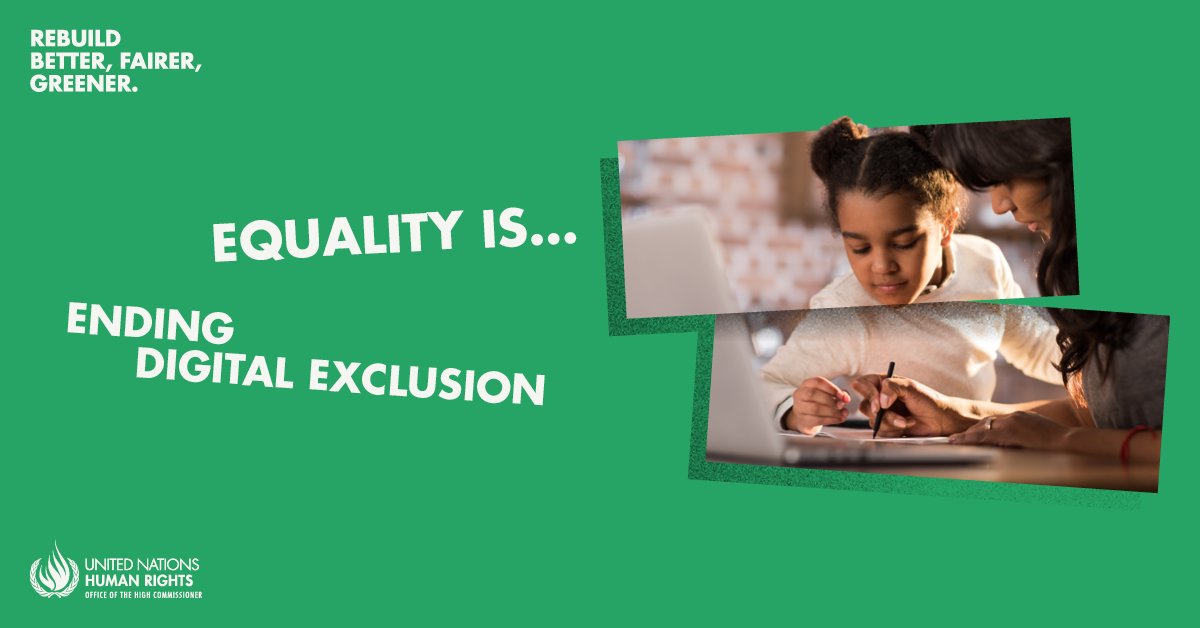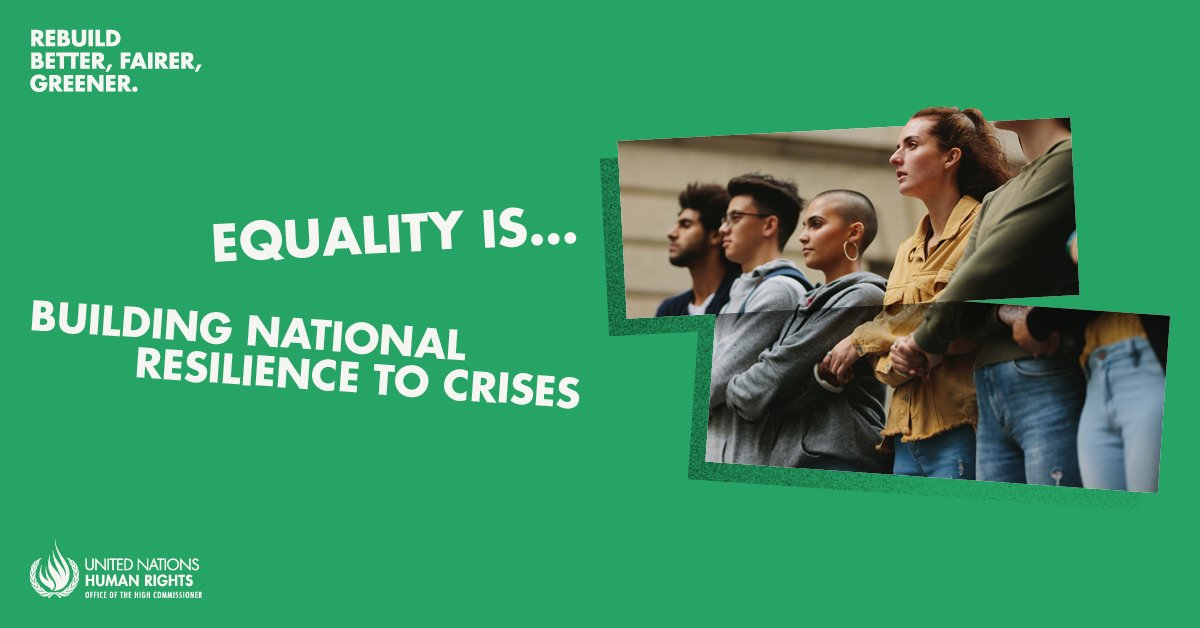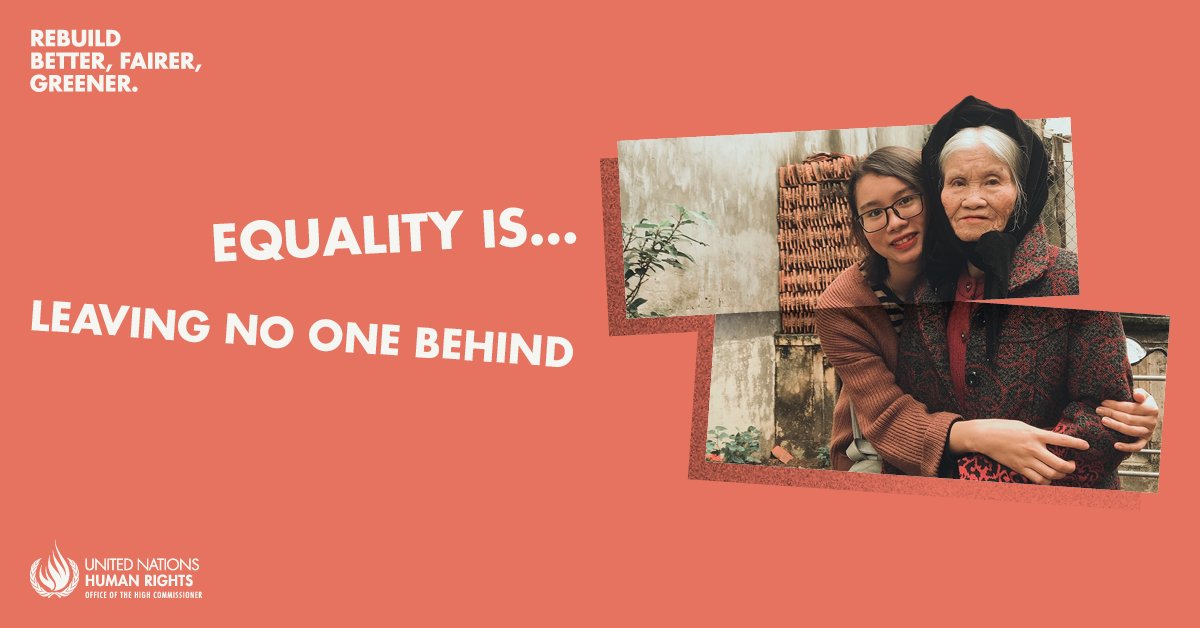Statement of Special Procedures on the occasion of the Human Rights Day 2021
2021-12-10 11:51
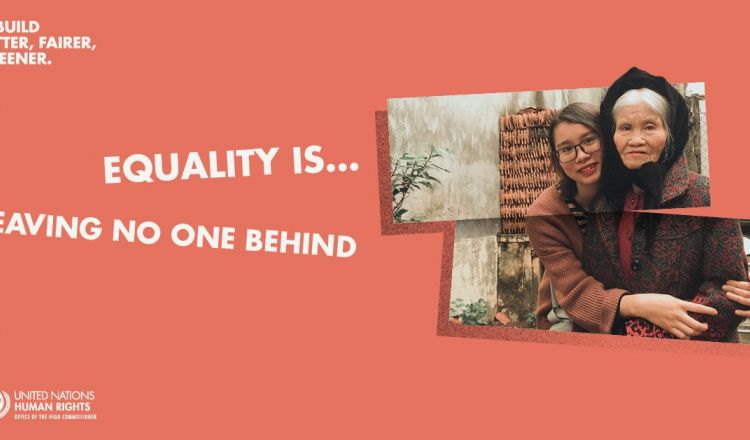
Statement of Special Procedures on the occasion of the Human Rights Day, 10 December 2021
This 10 December 2021, anniversary of the adoption of the Universal Declaration of Human Rights and a time of great challenges for humankind we, the Special Rapporteurs, Independent Experts and Working Groups that comprise the Special Procedures of the United Nations Human Rights Council, wish to underscore the continued centrality of the Universal Declaration to the international human rights protection system.
The Universal Declaration was adopted in 1948 among the rubble created by conflict and atrocity as a way to signal consensus on a series of fundamental principles to face existential threats for humankind. Today we reaffirm its call to be a foundation for a system that continues to signal pathways for building a present and a future of enjoyment of rights, built on the rubble and ruin created by the COVID-19 pandemic; by poverty, exclusion, inequality and violence; the continuation and resurgence of conflict; the depletion of the planet’s natural resources and the reality of climate change.
The work of the United Nations is built upon three interdependent pillars: peace and security, development, and human rights. There is no hierarchy among them, and the human rights-based approach created by the Declaration, and the civil, political, economic, social and cultural rights and importantly the rights to development, peace and security is intended to be a systematic articulation of the conditions that are inherent to the quest for happiness and fulfilment by every member of humankind. The Declaration is also a tangible statement of global consensus around the fact that respect for human rights is essential to the prevention of conflict and the promotion of human development.
The Universal Declaration is a concrete testimony of a conviction on the value of upholding human dignity everywhere, every time and for all, multilateralism and solidarity. The Covid-19 pandemic has provided a renewed example of the interconnectedness of problems that manifest themselves in a global scale and impact every human being on earth. Collectively, we issued advice that also was formulated within the understanding that the pandemic exacerbated exclusion and inequality – pushing most human beings further back and multiplying the risks that they will effectively be left behind. The pandemic has called for the questioning of the meaning of fairness in the international order. It also questioned the consequences on the growing wealth gap within and between countries, the access to health (including the urgent theme of asymmetries in the access to vaccines) and the overarching concerns of poverty.
The challenges to equality, in our view, are directly connected to the erosion of democratic spaces, extremism, the active shrinking of civil society spaces, disinformation and impunity. Universal human rights principles must prevail over the spread of fake news and misinformation, prejudice, discrimination, inequality and violence. Governments often fail to address human rights concerns that lie at the base of conflict and war, and that hinder sustainable development.
Collectively, we have provided evidence that, to be effective, responses to global challenges such as the COVID-19 pandemic or climate change require that people’s participation and trust, the contributions of human rights defenders and civil society, and the emerging technologies must all be put at the service of the task of mitigating, adapting and transforming the devastating effects of these challenges. Governments often respond to crises by restricting fundamental freedoms, limiting transparency in decision making and actively shrinking civil society spaces – measures that only compound the crisis. Recent crises have underlined the urgent need to focus on the principles of non-discrimination, participation, empowerment and accountability need to be applied, and particular attention should be paid to people in vulnerable situations.
2021 has been a year of continued challenge. In the UN Common Agenda, the Secretary General stresses the call for a fuller use of Special Procedures to solve pressing social, economic and political challenges. We, the Special Procedures, are committed to continue putting human rights at the center of our responses to challenges and pursue our efforts to make human rights a reality for all, wherever they live. We also pay tribute to all those fighting for and defending their rights and freedoms around the globe. As we commemorate the Universal Declaration of Human Rights, we renew our belief on multilateralism, cooperation, and solidarity. We celebrate that this was the year in which the international community recognized that a healthy, clean environment is a human right. We renew our call to governments, communities, businesses, individuals and all stakeholders to uphold the universal, indivisible and interdependent human rights of all.

